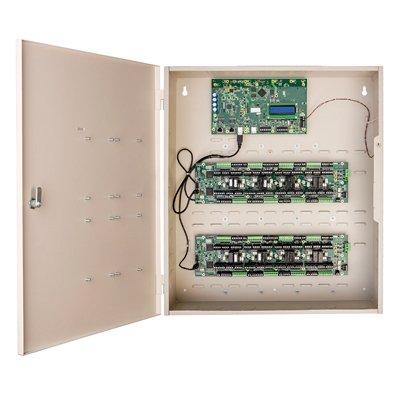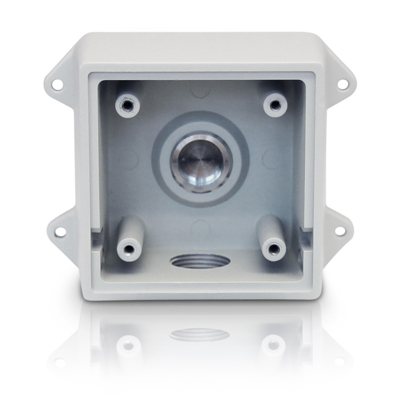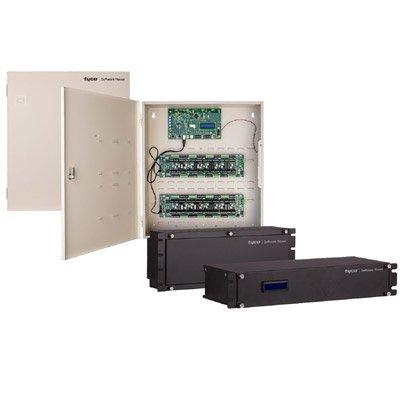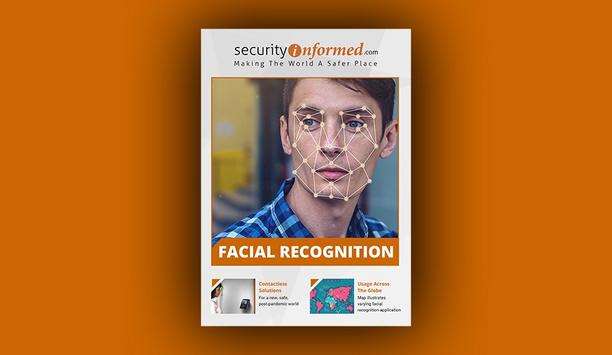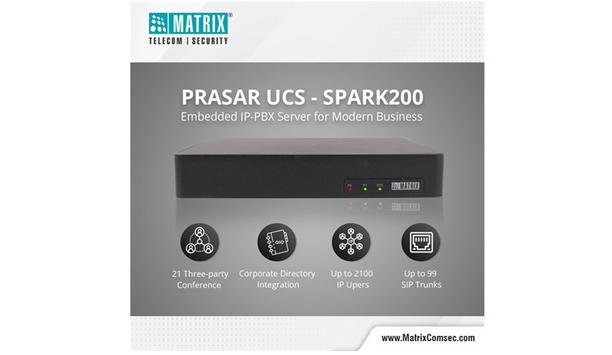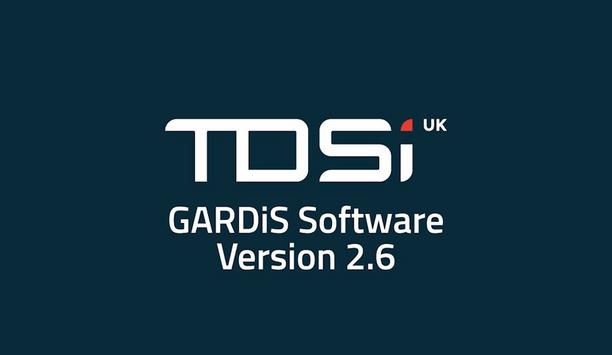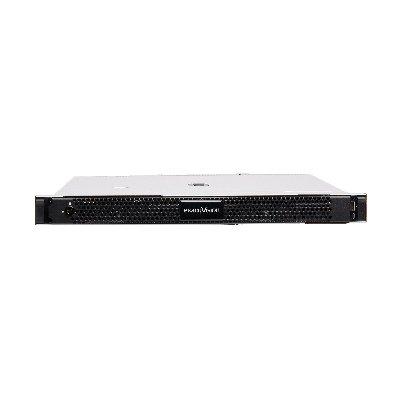Radiant Logic, the Identity Data Fabric company, has unveiled RadiantOne AI, its data lake-powered Artificial Intelligence engine, and AIDA, its generative AI data assistant.
RadiantOne AI
RadiantOne AI is designed to complement existing tech stack and governance products by correlating data across multiple sources and providing contextual information to drive better decision-making.
The result is a radical reduction in the time and resources needed to gather the data required to effectively meet audit demands meaning fewer security gaps and increased compliance with organizational policies.
User Access Review (UAR) process
Many business pioneers are familiar with the tedious UAR process, it’s crucial for demonstrating compliance
The first capability to be unveiled on RadiantOne AI is a truly automated User Access Review (UAR) process, expertly guided by AIDA.
Many business pioneers are familiar with the tedious UAR process, it’s crucial for demonstrating compliance and improving organizational security posture.
AI-driven approach
But laborious processes can often end in a “bulk approval” to save time and check an audit box instead of accurately reviewing access rights to ensure the right business outcomes.
RadiantOne’s AI-driven approach will be a paradigm shift in the way people work, forever transforming and streamlining the usually time-consuming UAR process down to days and minutes instead of months.
Increased risk
While this may work in the short term to satisfy auditor requirements, the company’s assets are never truly protected"
“Historically, User Access Reviews are a highly manual process–a ‘necessary evil’ within security practices. This approach not only creates fatigue for the team but also introduces a considerable amount of risk,” says Dr. John Pritchard, Chief Product Officer at Radiant Logic.
He adds, “While this may work in the short term to satisfy auditor requirements, the company’s assets are never truly protected."
Automated processes
Dr. John Pritchard continues, "There is also still the risk that something may be overlooked, or someone within the business has retained access to something they shouldn’t."
He stated, "With RadiantOne AI and AIDA, existing IAM and IGA processes can be automated and simplified for overworked teams trying to comb through mountains of user access data to make the right decisions to protect their organizations.”
Language models
UAR experience will allow reviewers to interact and pose questions to AIDA using natural human language
With RadiantOne AI, conducting a User Access Review becomes as easy as following AIDA’s guidance. Using the power of large language models to drive advanced data correlation, contextualization, and analysis, combined with an intuitive data visualization dashboard, AIDA will reinvent the user access review ritual.
Based on an organization's proprietary data, the fully guided UAR experience will allow reviewers to interact and pose questions to AIDA using natural human language, like “Where does this access come from?” or “Show me who else has these access rights?”
Less training and risk
AIDA will highlight any potential user access risks, offer expert insight, and suggest remediations or access modifications based on an organization’s policies.
Any changes, such as low-risk bulk access approvals or revoking atypical access rights, are completed via a click of a button, so there’s less training required to complete the reviews and less risk of human error during the process.
Benefits of AIDA-guided user access review
RadiantOne AI’s AIDA-guided user access review capability works to provide enterprise organizations with:
- Automated workflows: Leverage vast data sets and contextual insights to make intelligent and confident decisions about access rights.
- Simplified compliance: Easily detect over-privileged accounts or atypical access rights with intuitive data visualization techniques.
- Greater visibility into user actions: Get beyond roles quickly to see who has access to what and how they received that access so insights and remediations are easily actionable.
- Click-button remediation: Based on the insights and recommendations from AIDA, reviewers can approve or revoke access or atypical rights individually or take bulk approval/rejection actions with the click of a button.
- Data into the hands of business owners: Put relevant, risk-based identity data insights into the hands of business users in the language they understand to make it a breeze to adhere to compliance policies.
Expands role of identity
“User Access Reviews with AIDA are just the beginning,” comments Joe Sander, Radiant Logic CEO, adding “Using RadiantOne’s AI engine, we see the potential to revolutionize identity data management, governance, risk, compliance, and cybersecurity processes by removing complexity as a roadblock. This frees up critical IT and security resources to focus on other business-critical tasks and expands the role of identity to truly be a business enabler.”
RadiantOne AI comes on the heels of the completion of the integration of Brainwave Identity Analytics into the RadiantOne Identity Data Platform. AIDA will initially be available as a complement to the RadiantOne Identity Analytics solution.











